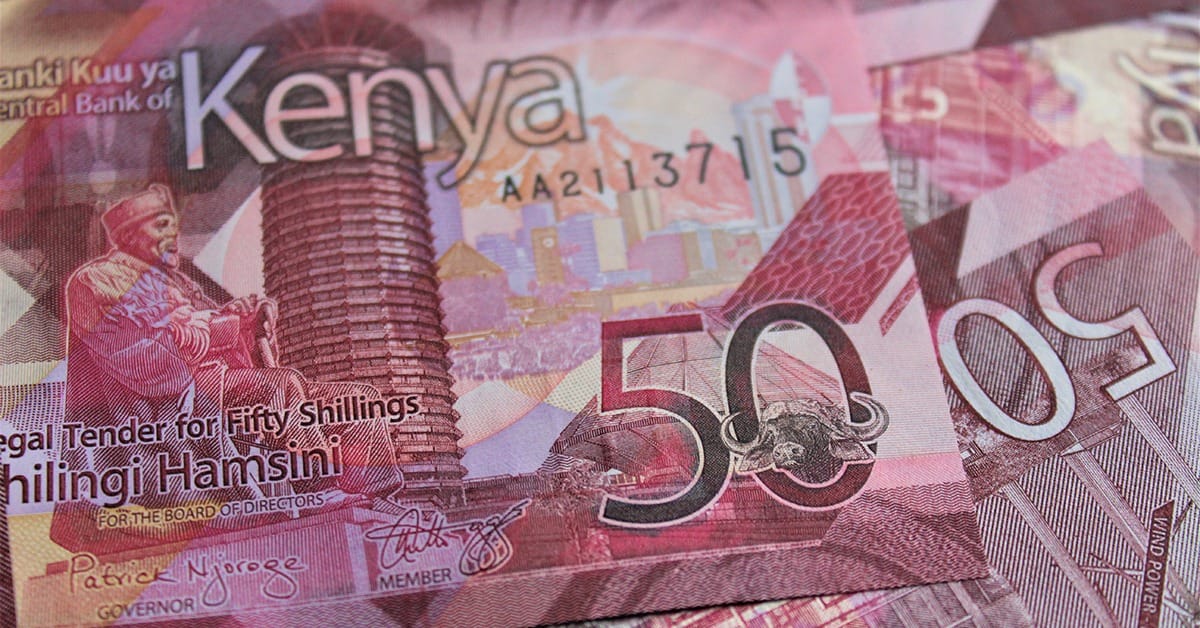The new Central Bank of Kenya governorKamau Thugge brings with him a stellar résumé of previous experience in government and 25 years at the IMF.

Barring any unforeseen hiccups, Kamau Thugge will assume office on June 18 as the 10th governor of the Central Bank of Kenya (CBK). The seasoned economist succeeds Patrick Njoroge after beating out five other candidates.
For Thugge, his appointment crowns an unlikely comeback into public service. In 2019, his career was nearly crushed by a corruption scandal in which he and other officials were accused of conspiring to defraud the government of 55.04 billion Kenyan shillings ($399 million) by entering a deal to construct the Arror and Kimwarer dams without approval. His charges were dropped when he became a state witness against his former boss.
Thugge takes over at a critical moment. Macroeconomic fundamentals are in turmoil and the Kenyan economy is on a downward course. The shilling has depreciated to historical lows, forex reserves are running on empty, inflation remains above the CBK’s 5% target and ballooning public debt has left the government with minimal leeway for interventions.
Thugge brings a stellar resume. He ranks high in a team of economic advisers to President William Ruto. At the Treasury, he held various positions, including principal secretary. Before that, he spent 25 years at the International Monetary Fund, rising to deputy division chief.
Aly Khan Satchu, a Kenyan-based geoeconomic analyst, reckons the dams case will not impact Thugge’s new position. “In Kenya, a lot of corruption allegations are political,” he notes.
Thugge is a “safe pair of hands” with meaningful relationships at key multilateral institutions Satchu adds. However, he faces “a near-perfect storm” and will have to make several big calls from the get-go.
Some of these involve the currency. The shilling is considered a managed currency by the IMF; a bold decision to return it to free currency convertibility is vital, Satchu argues. “The current situation has impaired [Kenya’s] bona fides and capital markets,” he says. For the domestic bond market, a mechanism to allow better price discovery is needed to bring back buyers. Currently, most favor short-term maturities.
The banking sector offers a silver lining. It remains stable and resilient despite a hike in the CBK’s benchmark rate to 9.5% from 8.8% in March, helping to ease the pangs of inflation.



